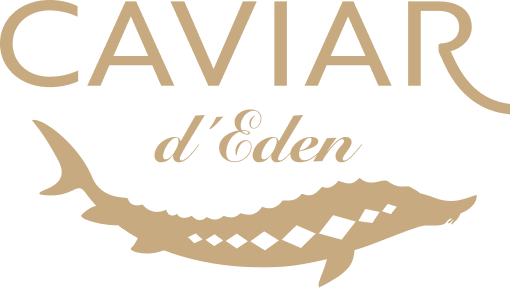Your satisfaction is our priority. If you don't find the information you're looking for, don't hesitate to reach out. We're here to assist you. Just send us an email, and we'll get back to you promptly.
Frequently Asked Questions
How do you
deliver caviar?
Black caviar is a very delicate product that can get spoiled really fast, just like any seafood. In order to keep it fresh we deliver with the help of UPS courier by airplane to EU countries and with DPD courier in Baltic states. For long distances, we pack caviar in the thermal boxes that keep correct temperature for up to 48 hours.
Is it better to keep caviar in refrigerator
or freezer?
Storing caviar correctly is crucial. Most household fridges run at +2°C near the back and +6°C or even +10°C near the door. This leads to seafood being frozen, which can affect quality, though the initial product condition matters. To maintain quality, buy caviar for one week's consumption or let professionals store it. If you buy more, place it at the back of the fridge, reducing its shelf life by 4 months. In a typical fridge, shelf life is halved.
Can I carry caviar on to the plane?
In the hand luggage one can take only glass jars of no more than 100 ml volume. Metal tins a forbidden to take on board with you and can only be placed in drop-off baggage.
How much caviar can I take with me to travel outside EU?
Black caviar is under protection from CITES and all import / export is under a thorough control of government. Almost all countries follow the CITES law and allow transportation of only 125 g per person without specific documents. Russia is an exception allowing 250g per person. It is advised to contact local official regarding maximum allowed amount of caviar to be brought with a passenger in one time.
Consumer Awareness is Our Priority

Black caviar is a niche product and it is therefore not as familiar to consumers as others. To most people, information about black caviar is scarce, and this gives rise to issues with quality and legitimacy.
After 1998, when sturgeons were considered an endangered species, the biggest concern was about poaching and the poor quality of product that represented. It took years to stop poaching, but then a new problem came to light - fraud. Fraud is currently the most serious problem faced by the black caviar market, and it is only through consumer awareness - gaining experience and knowledge about caviar - that we can stop fraud in its tracks.
False claims about the type of species being sold.
This occurs mostly with Beluga caviar, due to the price difference and the fact that there is little information available about the product.
False claims about the product's shelf life. Black caviar is an expensive product - a dishonest seller might change the product's expiration date to increase their profit margins and reduce losses.
False claims about the product's origin. Times have changed, meaning caviar production is no longer restricted to the traditional countries. For example, China has substituted production from Iran and Russia.
You can protect
yourself from fraud.
You can protect yourself against most fraudulent claims simply by checking the product's packaging.
Black caviar is regulated by an international body called CITES - all producing countries must follow rules set out by this body. Each jar or tin is required to display a CITES number which you are advised to check fair reassurance.
BAE/C/LV/2018/LVOOOS/0808
Type of specie I Wifd or Farmed I Country of production /Year of production I Company number I Lot number
Join the Caviar Connoisseurs
Subscribe to our Newsletters










